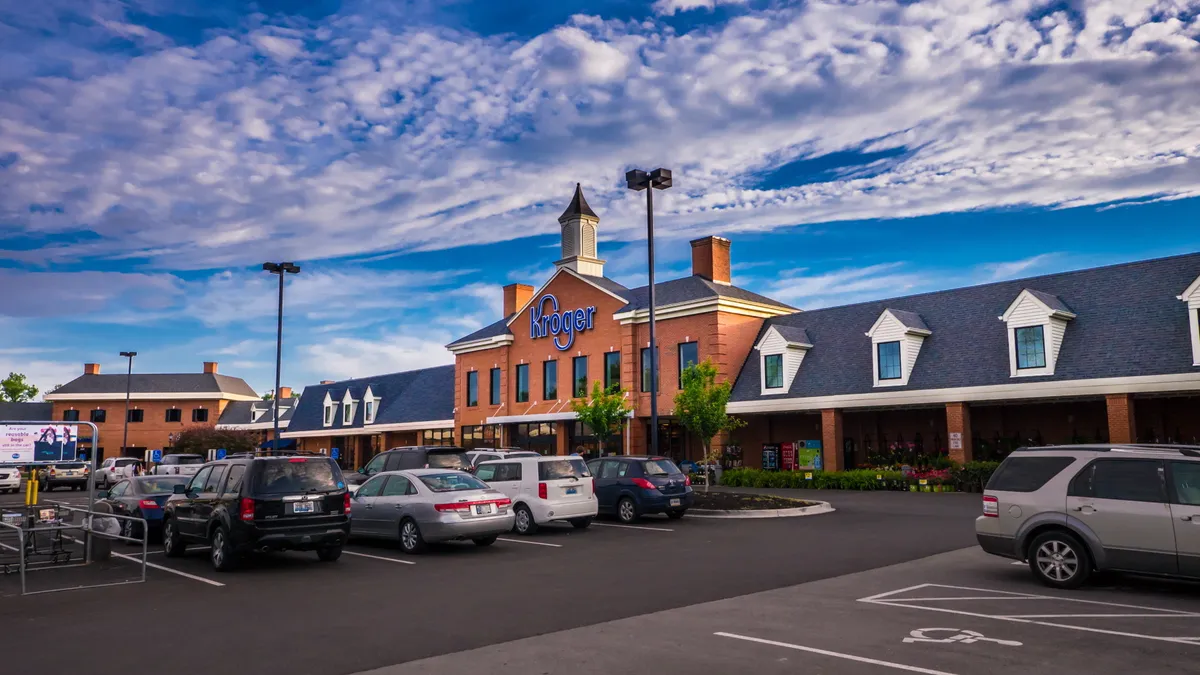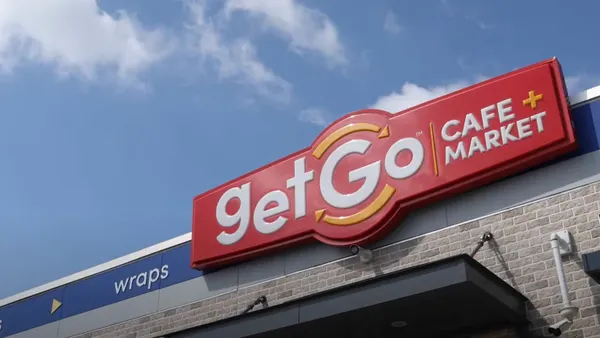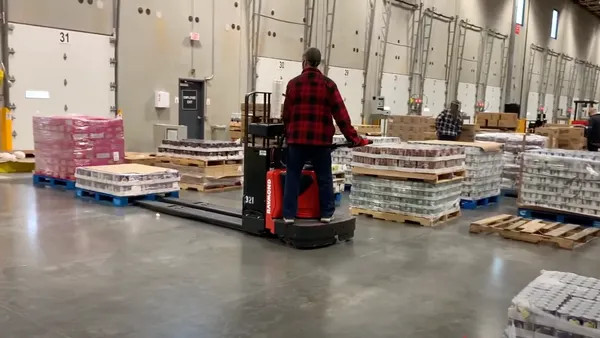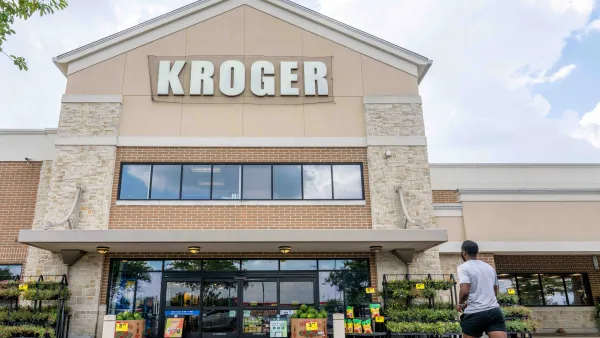Pardon the Disruption is a column that looks at the forces shaping food retail.
After more than two years spent presenting a united front in their effort to merge, supermarket giants Kroger and Albertsons have turned against each other.
On Wednesday morning, less than a day after federal and Washington state court rulings both issued preliminary injunctions blocking the $25 billion merger, Albertsons announced it is suing Kroger for allegedly breaching the merger contract between the two companies. Kroger quickly denied the allegations and said it was instead Albertsons that violated the terms of the agreement throughout the merger process.
The grocers separately announced they terminated the deal, officially ending a merger that had generated so much buzz and promised to create a supermarket chain capable of standing toe to toe with Walmart and Amazon.
This dizzying series of events, which all unfolded in less than 48 hours, has brought the mega-merger narrative to a close — something many experts expected — while also opening up a surprising new chapter. Now, the deal that was supposed to bring so many competitive advantages to Kroger and Albertsons could become a major distraction and drain on their resources.
Here are several takeaways from the events this week.
In hindsight, the merger was poorly planned and executed
The argument Kroger and Albertsons made for combining was always a compelling one; the grocers’ combined scale, efficiency and innovation would allow them to challenge Walmart, Amazon and Costco.
But these arguments don’t necessarily translate into legally sound reasoning. While the grocers made broad claims about the fragmenting grocery industry, the FTC and state attorneys general zeroed in on the fact that Kroger and Albertsons fiercely compete in hundreds of markets across the country, spurring legal challenges that dragged the merger out past the period when experts said it could still be effective.
In Washington state, where I live, Kroger and Albertsons are the only grocers available in many small markets. The need to boost scale and efficiency doesn’t negate the concerning market concentration those areas would have seen under the proposed combination.
“The evidence convincingly shows that the current competition between Kroger and Albertsons stores is fierce in the state of Washington,” Judge Marshall Ferguson of King County Superior Court in Washington state said Tuesday when delivering his ruling.
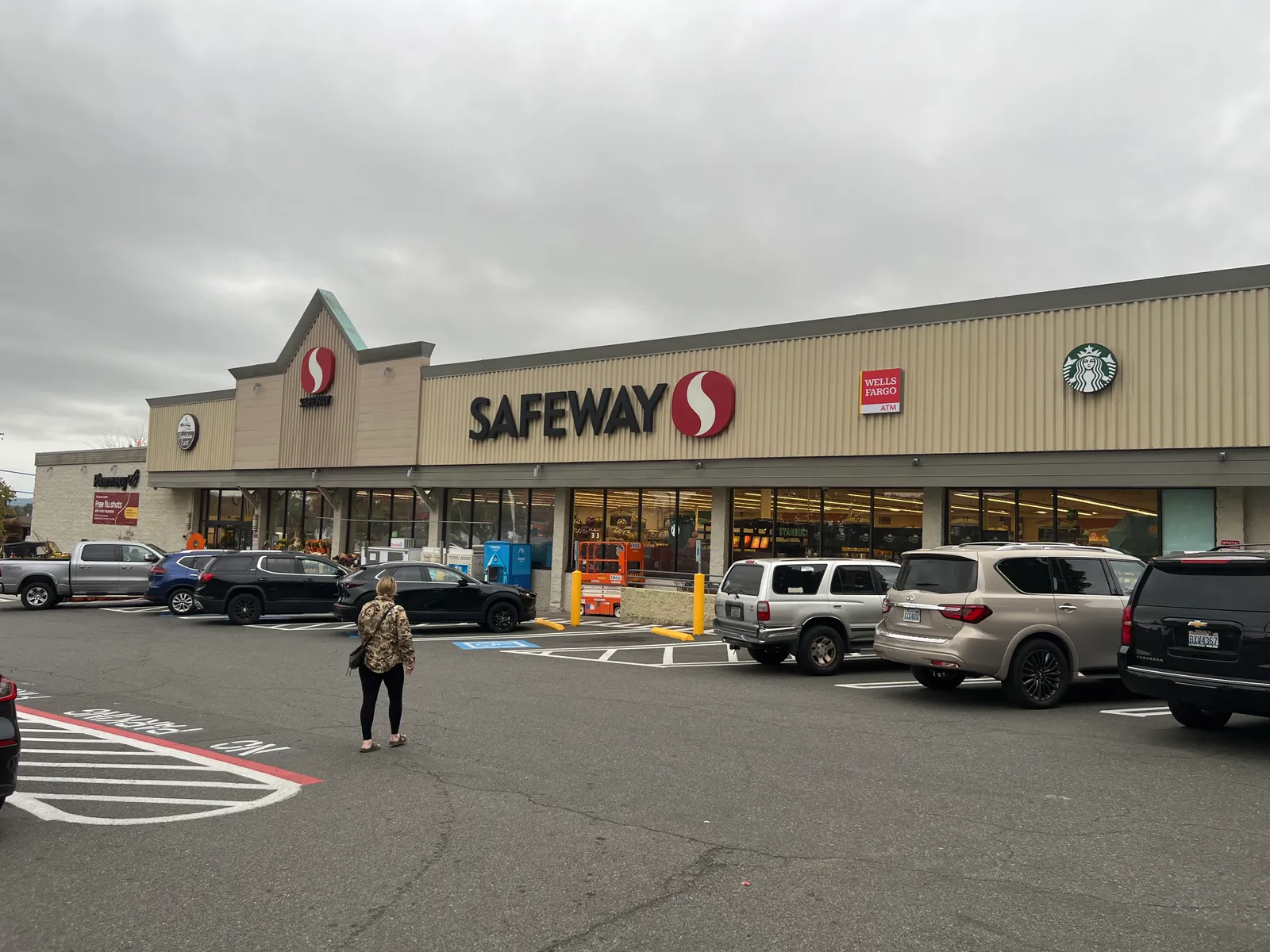
The biggest mistake Kroger and Albertsons made, however, was selecting C&S Wholesale Grocers to inherit nearly 600 divested stores to satisfy regulators’ antitrust concerns. As the FTC and state attorneys argued in court, C&S has a poor record running retail stores, including a history of flipping stores to generate supply contracts. Moreover, Kroger and Albertsons would have granted C&S a collection of subpar assets, including minor banners and private labels, that would hinder its ability to compete.
Kroger’s arguments in support of C&S — mainly that the wholesaler is well-capitalized and that an experienced Albertsons executive would head up the spinoff retail division — seemed feeble by comparison. As Judge Ferguson wrote in his ruling: “Being a successful grocery retailer requires a different set of skills than being a successful grocery wholesaler.”
Kroger’s promises rang hollow in court
In public announcements and in court, Kroger made grand pledges tied to the merger’s approval, including cutting prices by $1 billion, easing the burden on financially constrained consumers and promising not to close any stores as part of the deal.
Lawyers representing Kroger pointed to these promises as key evidence that the merger would not inconvenience consumers. But the promises were not legally enforceable, prosecutors argued, and both judges who issued their rulings Tuesday agreed.
“Courts ordinarily must be skeptical of unenforceable promises,” Judge Adrienne Nelson of the U.S. District Court in Portland, Oregon, wrote in her ruling.
Albertsons’ lawsuit points to significant disagreements over merger strategy
In announcing its lawsuit Wednesday morning, Albertsons claimed Kroger violated the merger contract between the companies in several key ways. The allegations included failing to respond to feedback from regulators, rejecting the chance to select stronger divestiture suitors and better assets for divestment, and failing to cooperate with Albertsons.
Kroger shot back that Albertsons claims were “baseless” and that Albertsons was responsible for “repeated intentional material breaches and interference throughout the merger process.” Kroger also said Albertsons wasn’t entitled to receive the $600 million breakup fee the companies agreed to early on in the process.
Albertsons’ lawsuit is temporarily sealed, so we unfortunately can’t yet get a full account of where and how the two companies clashed. But it’s worth noting how wide-ranging the accusations are. They paint a picture of two companies that were not on the same page as they tried to execute a transformative deal.
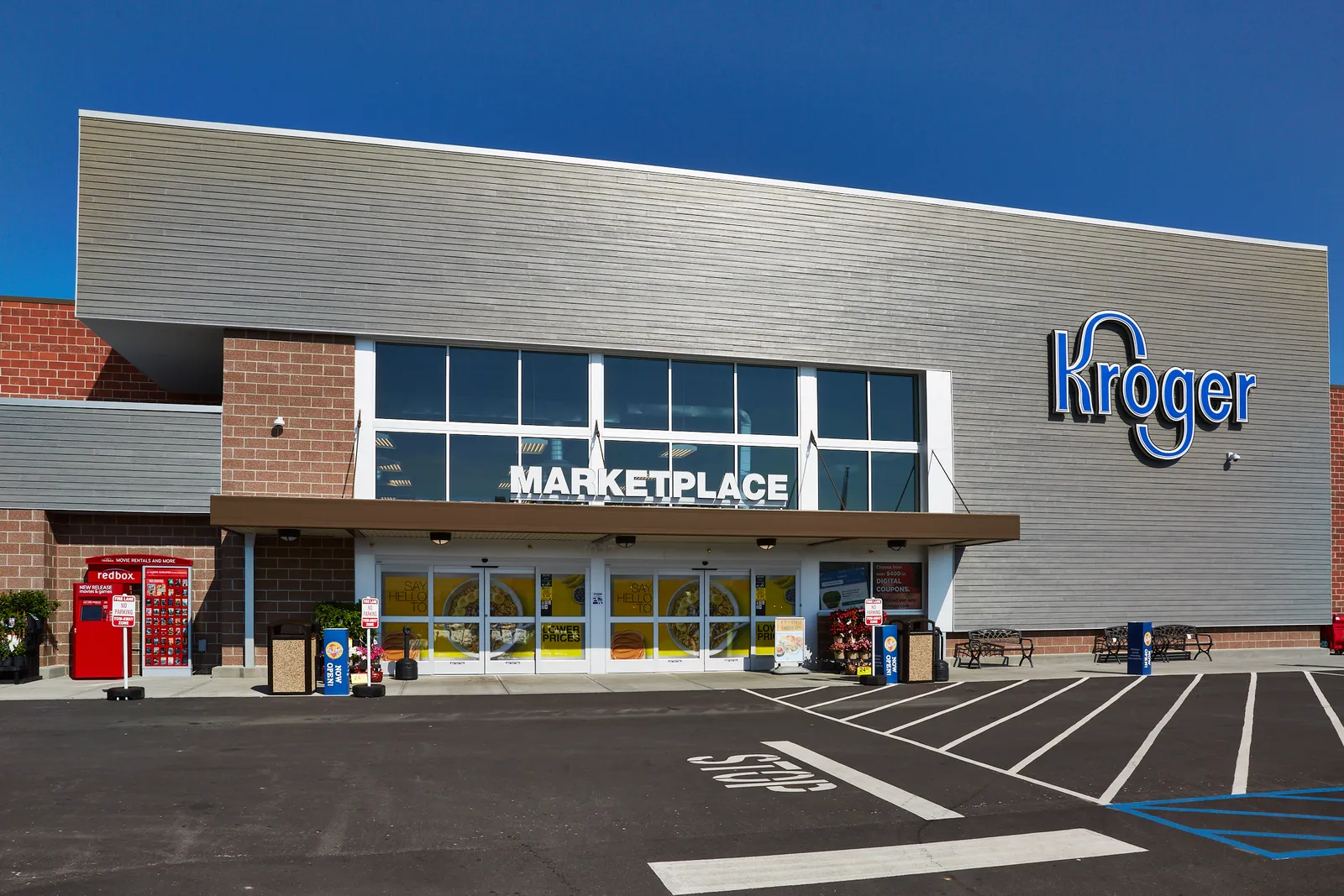
This is now Kroger vs. Albertsons
You’d think Kroger and Albertsons would be sick of lengthy and expensive legal challenges by now. Nevertheless, the two are heading back to court — this time to square off against each other.
It’s impossible to say at this point which company has the stronger case. But it’s clear this lawsuit will likely be a costly distraction for both companies at a time when they’re supposed to be, as they claim, doing everything they can to compete with Walmart and Amazon. In addition to draining their resources, the legal proceedings could bring to light unflattering details about both companies.
The cognitive dissonance between the two ends of this merger saga is staggering. Instead of creating a powerful supermarket company, the companies are now entering a boxing match that could leave them both badly bruised and regretting ever agreeing to combine.
What happens to Albertsons?
Albertsons clearly needed this merger more than Kroger did. In court, lawyers representing Albertsons argued that the company, whose prices are 10% to 12% higher than Kroger’s on average, is not set up to compete in a rapidly changing industry over the long term and may have to close stores or look to other suitors if the deal fell through.
In contrast, Kroger CEO Rodney McMullen said during the company’s recent earnings call that “we don’t need to do mergers to make our business successful.”
With the Kroger-Albertsons merger now terminated, I expect Albertsons will entertain new proposals as it looks to exit the business. Ahold Delhaize, which reportedly bid for Albertsons along with Kroger, could finally capitalize on the opportunity to expand beyond the East Coast. Aldi, fresh off its acquisition of Winn-Dixie and Harveys Supermarket, could mount a bid. So could Amazon, which badly needs better stores and expertise to fuel its grocery ambitions.
If Albertsons can’t find a buyer, the company will likely end up shuttering stores, reorganizing or selling its business off in parts



